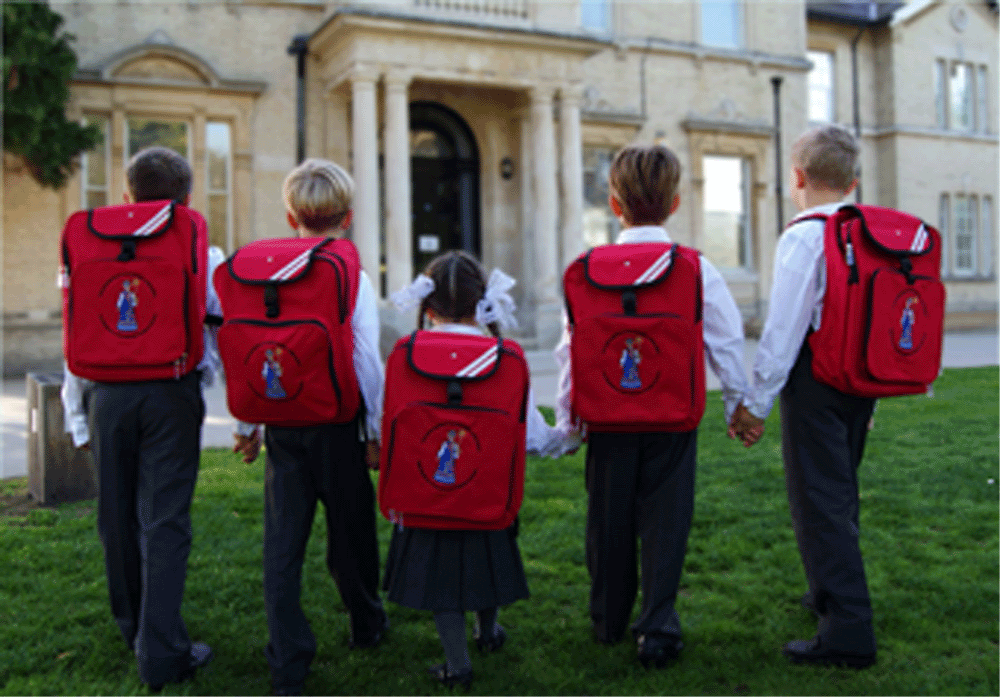EDUCATION experts have called for a ban on the school bell – claiming it can “distress” pupils with mental health issues or asylum seekers who have recently immigrated from warzones.
School bells have long been a staple of the Scottish school day – catching out latecomers and calling daydreamers to attention in an instant.
But Sally Cavers, director of government-funded learning support service Enquire, has made the controversial call to ban the bell over fears it produces “anxiety and “sensory overload” in students.
She has said that the sound of a bell can be particularly “distressing” to autistic students and those suffering from mental health issues.
And another expert has claimed that schools should be sensitive to the stress that bells could cause to kids who arrived in Scotland as asylum seekers, fleeing from conflict zones.
Now suggestions have been made to replace the evocative school bell with a flashing light, motivational or classical music in a bid to sooth students.

Ms Cavers made the claims during Enquire’s conference on schools and mental health in Stirling last week.
She said that in many schools the volume setting of bells is very high – which can cause “deep anxiety” for anyone who “finds that a big sensory overload is too much”.
And, she claimed, her helpline services is “quite often” contacted by people with concerns over the impact the bell is having on their children – particularly those with autism.
Gillian Campbell-Thow, Glasgow lead officer for modern languages, said that educators should be more sensitive towards pupils who have arrived in Scotland as asylum seekers.
She said: “Bells can mean an awful lot of things for them.”
But, she added, classical music should also be avoided because “some some it soothes, for others it infuriates”.
Euan Duncan, president of the Scottish Secondary Teachers’ Association (SSTA), said that standing near a loud bell could be “startling” and called for schools to be more aware of “rising mental health issues” in young people.
But he said using music instead might not be the answer: “Nobody expects a bell to be anything other than monotonous.
“But hearing the much-loved Pachelbel’s Canon nearly 2,000 times a year would send anyone into a loop.”
Some schools have already barred bells from their buildings.
One Scottish example is Newlands Junior College in Glasgow, which caters for students struggling in mainstream schools.
Principal Iain White said: “If you’re trying to get an atmosphere of calm, a bell ringing out at regular intervals is not a good idea.”
Many of the educators also suggested other alternatives for the school bell.
Gillian Campbell-Thow jokingly put forward “I’ve Had The Time of My Life” from Dirty Dancing.
Eileen Prior, of the Scottish Parent Teacher Council (SPTC) suggested the sounds of seagulls calling.
Meanwhile Professor Ross Deucar – who lectures on education at the University of the West of Scotland cast his vote for a recording of applause.
And Euan Duncan of the Scottish Secondary Teachers’ Association (SSTA) claimed that Simon and Garfunkel’s “The Sound of Silence” could prove a more relaxing version of the ringing bell.
But Chris McGovern, chair of the Campaign for Real Education, claimed that debate over the school bell was a “red herring”, detracting from other issues more likely to distress kids.
He said: “There’s nothing more stressful than if you can’t read and write.”
